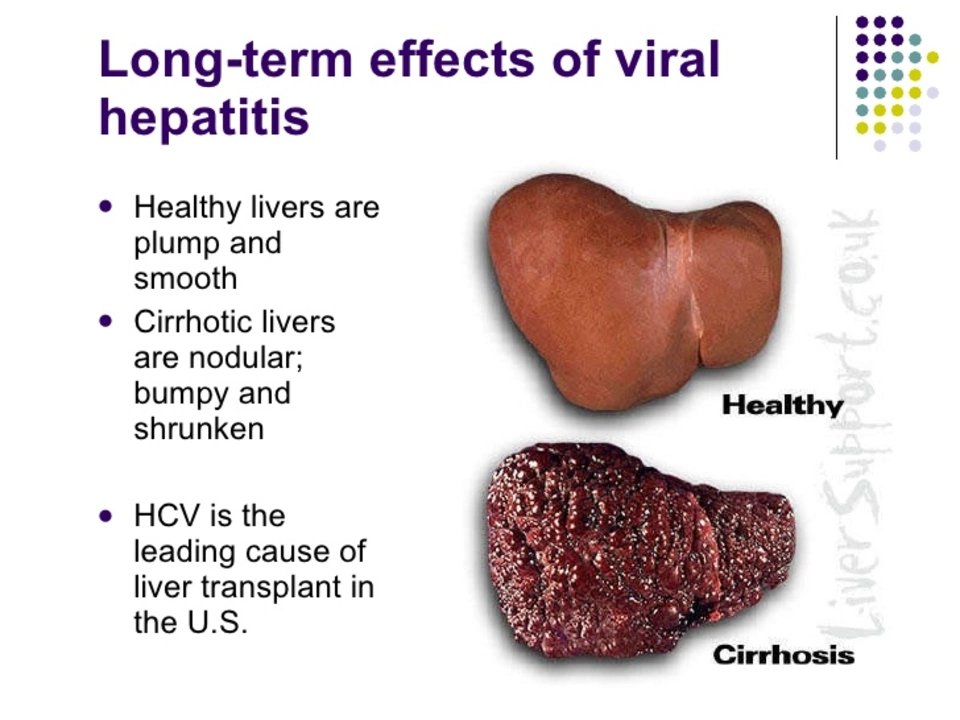Hepatitis C — what you should know right now
Hepatitis C (HCV) quietly affects millions worldwide. Many people don’t feel sick at first, but untreated infection can damage the liver over years. The good news: modern medicines can cure most cases. This page gives practical steps for testing, what treatment looks like today, and how to avoid common mistakes.
Testing and diagnosis
If you think you might be at risk, get tested. The usual route is a blood test that looks for HCV antibodies and then a follow-up viral load test (RNA) to confirm active infection. Quick tip: ask for both tests together so you don’t wait twice. High-risk groups include people who injected drugs, received blood products before 1992, had long-term dialysis, or were born between 1945–1965. Symptoms aren’t reliable — many people have no symptoms until liver damage appears.
Testing is simple and often free or low-cost at clinics. If you test positive, your doctor will check liver function and may order imaging or a fibrosis score to see how much the liver is affected. These results help decide how urgently to treat and which medicines to use.
Treatment options and what to expect
Treatment changed a lot in the last decade. Direct-acting antivirals (DAAs) like sofosbuvir target the virus itself and usually cure HCV in 8–12 weeks for most people. Side effects are generally mild compared with older therapies. If you’re pregnant or planning pregnancy, talk to your doctor — safety data can be limited; our sofusbuvir and pregnancy article covers current guidance and gaps.
How to prepare for treatment: bring a list of your medicines (some drugs interact with DAAs), mention alcohol use, and ask about possible side effects. Insurance or national programs often cover DAAs, but costs and rules vary. If cost is a concern, ask your provider or pharmacist about patient assistance programs or lower-cost alternatives.
After successful treatment, you still need periodic liver checks if you had advanced fibrosis. A cleared HCV infection does not protect you from getting infected again, so follow prevention steps.
Prevention is straightforward: don’t share needles or syringes, make sure tattoos or piercings use sterile equipment, and be cautious with blood exposure. There’s no vaccine for hepatitis C yet — vaccines exist for hepatitis A and B, which is useful if you have liver disease.
If you have questions about where to test, how treatment works, or drug interactions, reach out to a liver specialist (hepatologist) or your primary care provider. Your next step: get tested if you’re at risk, and if positive, start a conversation about DAAs right away. Quick action today can prevent serious liver problems tomorrow.
The Impact of Hepatitis C on Mental Health and Well-being
As a blogger, I've recently been researching the connection between Hepatitis C and mental health. It turns out that Hepatitis C can have a significant impact on our mental well-being, with patients often experiencing symptoms such as depression, anxiety, and cognitive issues. The stigma associated with this viral infection can also lead to social isolation, exacerbating these mental health struggles. It's important to address both the physical and mental aspects of Hepatitis C to improve the overall quality of life for those living with this condition. Remember, taking care of our mental health is just as crucial as managing our physical health.

